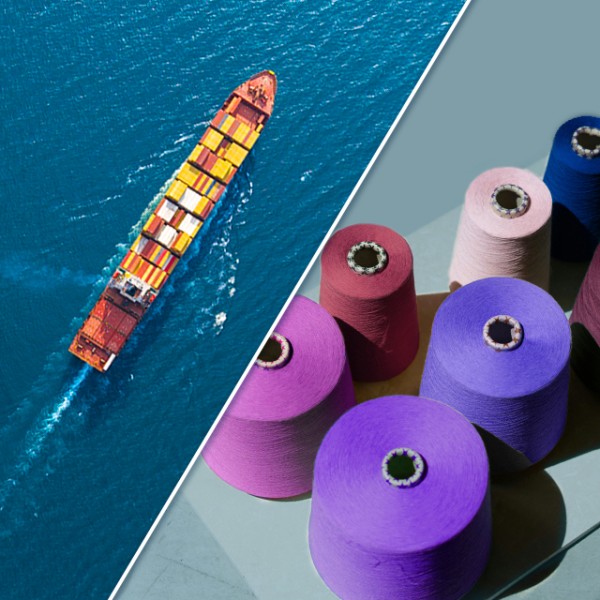April 02, 2020, Zurich, Switzerland
The World Health Organization declared COVID-19 (coronavirus) a pandemic on March 11, 2020. Since early March, the number of cases has jumped significantly – more than 857,000 confirmed cases1 worldwide – and the impact on the global economy has been swift and unprecedented, leaving many trying to forecast for the future. The pandemic will serve as a disruptor that will usher in significant change for business and society. The coronavirus makes the unimaginable imaginable, with governments and society taking drastic measures in times of peace to protect the most vulnerable. By doing so, it invites us to explore what further changes could be made to benefit society and the environment – even at the risk of short-term economic disadvantages.
Is the coronavirus a material ESG risk?
The landscape of coronavirus is constantly changing, but our team at RepRisk argues that the pandemic is not an ESG issue in and of itself, but has the potential to create ESG risks if a company or entity mishandles the situation. The resulting negative effects for the reputation of a company could have financial implications.
To date, our research process has captured a limited number of isolated incidents of ESG risk, primarily in the travel and leisure industry – air and cruise lines. Allegations have arisen around the lack of adequate employee and passenger protections, including exposure to unsafe or hazardous working conditions, discrimination against passengers, or mishandling of a quarantine. We’ve also observed allegations against retailers for setting higher prices or providing misleading information for health products like medical masks. But at this point, the number of incidents remains limited for material ESG risk as coronavirus cannot be pinned to the negligence or intention of a company or project.
Instead, the global pandemic is causing significant financial and operational risks for companies due to the severe interruptions to supply chains, mass closures of brick-and-mortar retail businesses and hospitality, as well as limitations on travel.
What could be disrupted?
A crisis can lead to new ways of thinking; when a company’s reputation or financial viability is harmed by an ESG issue, it is often forced to change its operational processes to address the issue. When Volkswagen’s emissions scandal broke, they experienced their first quarterly loss in 15 years. They subsequently fired their CEO and announced plans to release 30 new models of all-electric cars in the next decade.
In this sense, coronavirus is similar. The disruption caused by the coronavirus has the potential to create new efficiencies for how businesses are owned and operated. Therefore, we expect a re-evaluation and reengineering of existing corporate processes, with changes implemented on different scales and across industries.
A few examples to consider: Remote work could be seen as a more viable option; work travel may be reduced; and companies may increasingly rely on technology for meetings. The proportion of airplane travel may also be reduced, as people instead opt for rail or road.
Supply chains will be particularly poised for reengineering. Vulnerabilities will be identified and eradicated, and companies may “buy local” and keep their supply chains close by to prevent break downs. For example, 80% of the basic components used in U.S. drugs are sourced from China and India, and coronavirus has forced a number of drug manufacturers in China to shut down – leaving the U.S. in a vulnerable position.
No return to the status quo
The impact of coronavirus will extend beyond tangible changes like supply chain restructuring and increased rail travel and create a broader sense of the interconnectivity of the world – which is the foundation of ESG risk analysis. Actions taken by a company have implications that virtually and physically reach far beyond their immediate community and surroundings. More transparency will be required to better understand and navigate those implications.
Coronavirus will be a disruptor that will change business operations as we know it, and ESG will be the tool used to implement that change.
About RepRisk
RepRisk is the world’s most respected Data as a Service (DaaS) company for reputational risks and responsible business conduct. Since 2007, RepRisk’s data has been trusted by the world’s leading banks, investment managers, Fortune 500 companies, sovereign wealth funds, and organizations such as the OECD and UN. Combining advanced AI with deep human expertise, and a proven methodology at the core, RepRisk’s solutions bring peace of mind, enabling clients to ‘know more, be sure, and act faster’. Our pioneering solutions help to strengthen due diligence processes across ESG topics, such as biodiversity, deforestation, human rights, and corruption, empowering clients to identify, monitor, and mitigate reputational, compliance, and financial risks. Headquartered in Zurich, and with offices in Toronto, New York, London, Berlin, Manila, and Tokyo, we stay close to clients and bring an independent lens to the industry. United by our shared belief in the power of data, our 400 people are proud to be setting the global standard for business conduct data and driving positive change through transparency.
Visit us at reprisk.com and follow us on LinkedIn.



